Introduction
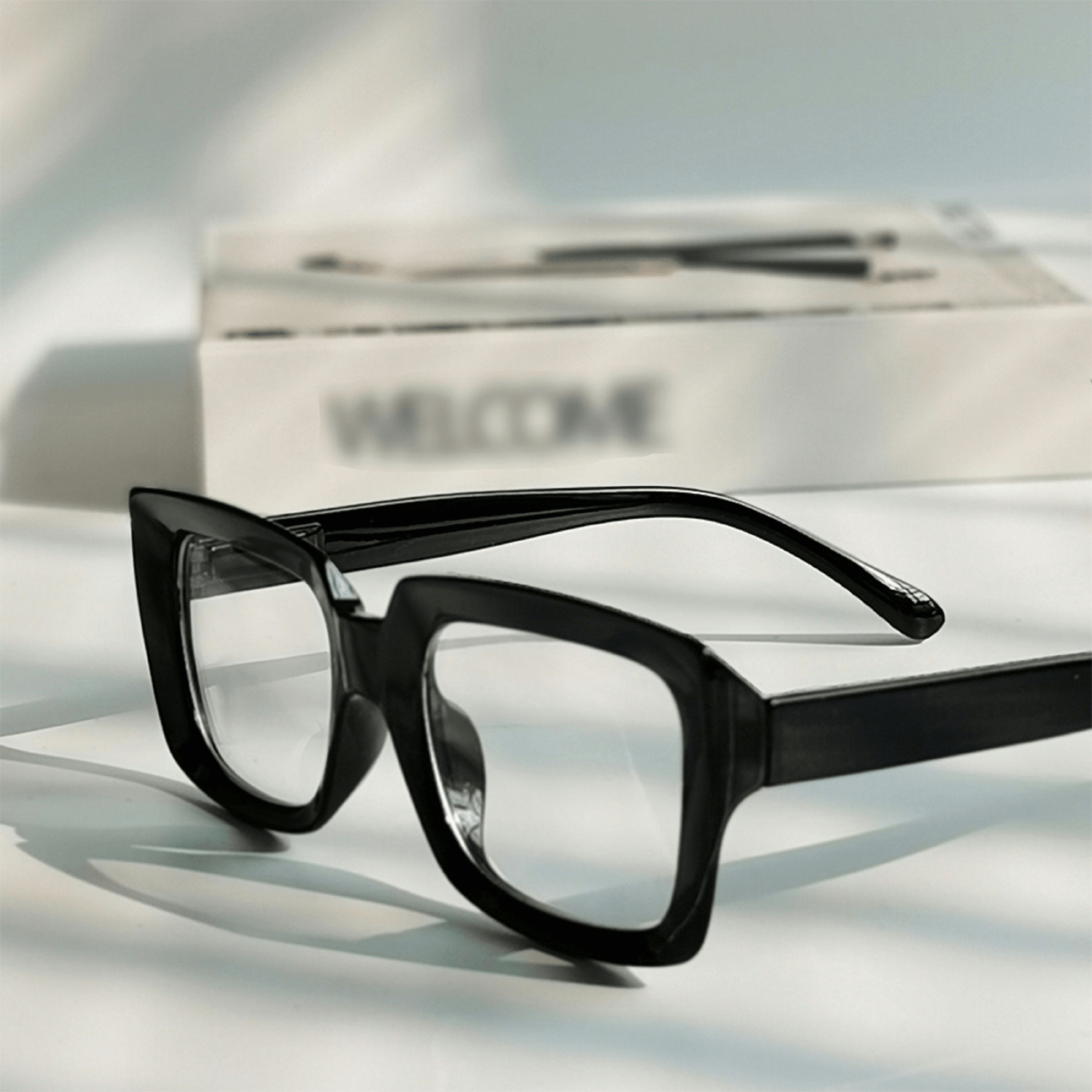
In the world of eyewear, choosing between acetate and plastic glasses can feel like navigating a maze. With the variety of styles, materials, and brands available, it's crucial to understand what makes these two types of glasses unique. Whether you're searching for prescription glasses or simply looking to elevate your style with some trendy eyeglass frames, knowing the differences between acetate and plastic is key.
Understanding Acetate and Plastic Glasses
Acetate glasses are made from a renewable resource derived from cotton fibers and wood pulp, giving them a luxurious feel and vibrant color options. In contrast, plastic glasses are typically crafted from various synthetic materials that offer lightweight comfort but may lack the same aesthetic appeal as their acetate counterparts.
The Rise of Eco-Friendly Eyewear
As sustainability becomes increasingly important in our purchasing decisions, eco-friendly eyewear options are gaining traction among fashion-conscious consumers. Acetate frames often lead the charge in this movement due to their biodegradable properties compared to traditional plastics that contribute to environmental waste. The rise of brands focusing on sustainable practices means you can sport stylish eyeglass glasses while also making a positive impact on the planet.
Functionality vs Fashion in Eyewear
While fashion trends play a significant role in choosing your next pair of eyeglasses, functionality should not be overlooked—especially when it comes to prescription glasses tailored for your vision needs. Acetate offers durability and style but might be heavier than some lightweight plastic alternatives that prioritize comfort over aesthetics. Ultimately, finding the right balance between functionality and fashion is essential for selecting eyewear glasses frames that suit your lifestyle perfectly.
What Are Acetate Glasses?
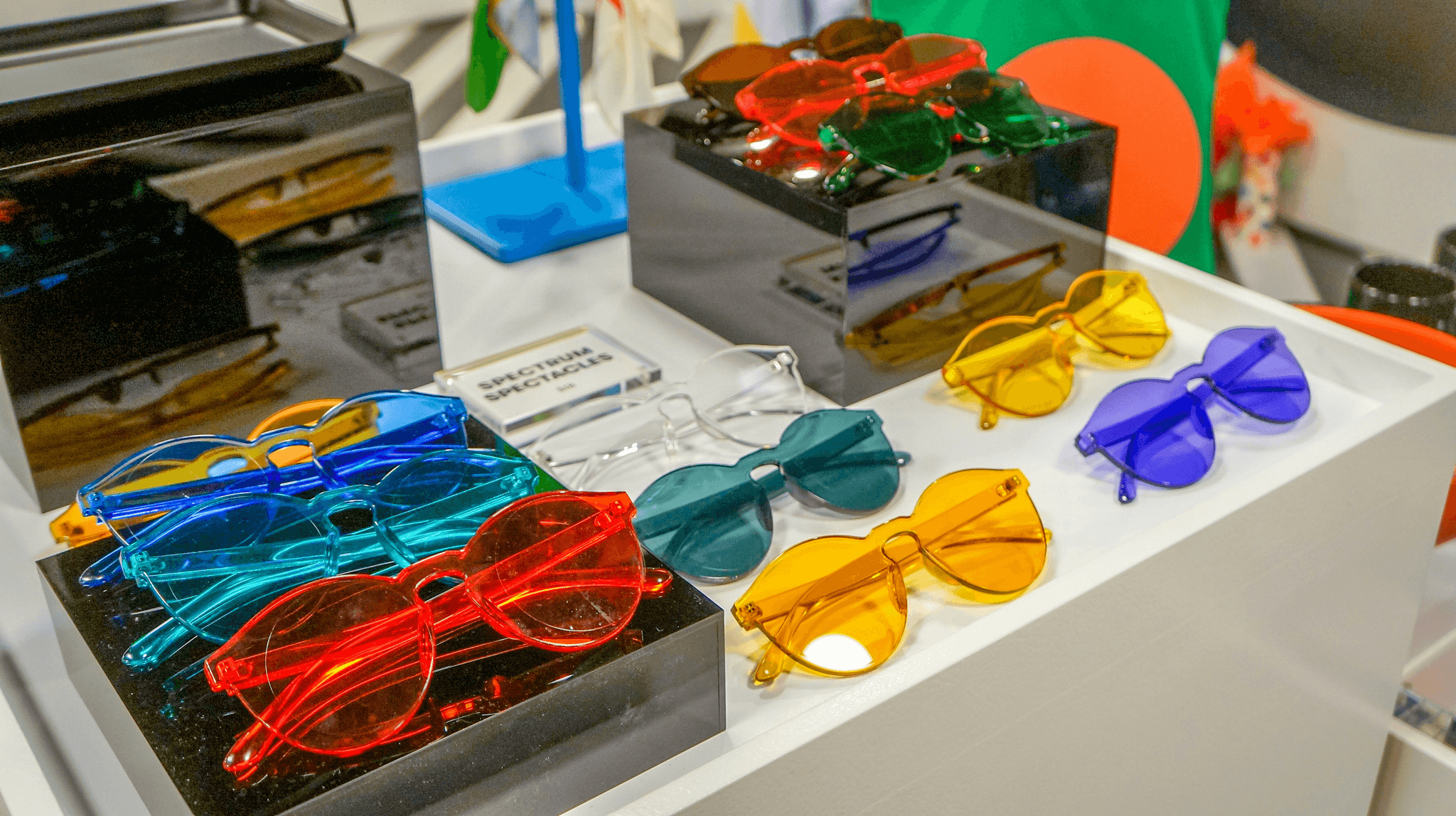
When diving into the world of eyewear, acetate glasses stand out as a popular choice for many. These frames are crafted from a type of plastic known as cellulose acetate, derived from natural materials like wood pulp and cotton fibers. This eco-friendly composition not only gives them a unique aesthetic but also contributes to their lightweight and comfortable feel compared to other options on the market.
Composition and Properties
Acetate is renowned for its exceptional properties, making it ideal for eyeglass frames. It’s flexible yet sturdy, allowing for intricate designs without sacrificing durability—a must-have feature when considering acetate vs plastic glasses. The vibrant colors and patterns that can be achieved with acetate are unmatched by many traditional plastic frames, adding an artistic flair to any pair of eyewear glasses.
The lightweight nature of acetate means that wearing these glasses won’t leave you with sore spots behind your ears or on your nose, which is often a concern with heavier materials. Additionally, acetate is hypoallergenic, making it suitable for those with sensitive skin who might struggle with certain metals found in other frames. Overall, the blend of comfort and style makes acetate a top contender in the realm of eyeglass glasses.
Benefits of Acetate Frames
One of the most significant advantages of acetate frames is their versatility in design; they come in countless colors and styles to suit every personality and fashion sense. Whether you're looking for bold statement pieces or subtle classics, there’s an option out there that will fit perfectly within your collection of eyewear glasses frames. Furthermore, because they are made from organic materials, they offer an eco-conscious alternative in contrast to conventional plastic options.
Another benefit lies in their resilience; while some may argue about the durability between acetate vs plastic glasses—acetate generally holds up better against wear and tear over time when treated well. They can withstand daily use while maintaining their shape and finish much longer than typical plastic frames might do under similar conditions. Plus, if you’re someone who frequently updates their prescription glasses or likes to switch styles often, investing in high-quality acetate can prove worthwhile due to its lasting appeal.
Finally, many people find that the comfort level offered by acetate is superior; it molds slightly to your face over time without losing structural integrity. This personalized fit enhances overall wearability—making these eyeglass glasses perfect companions throughout your day-to-day adventures!
Popular Acetate Brands
When searching for stylish yet functional eyewear glasses frames made from acetate, several brands have made quite a name for themselves in this niche market. One standout brand is Warby Parker; known not just for their trendy designs but also for offering affordable options without compromising quality—perfect if you're navigating through various choices between acetates vs plastics! Another notable mention would be Oliver Peoples—a luxury brand celebrated for its understated elegance combined with innovative design techniques.
Then there’s Ray-Ban; while primarily recognized for its iconic sunglasses line-up, they also offer stunning prescription options crafted from high-quality acetate materials that cater to diverse tastes among consumers seeking both function and fashion in their eye gear! Each brand has something unique to offer within this competitive space filled with stylish eyeglass glasses choices—making it easier than ever before to find exactly what fits your needs!
The Lowdown on Plastic Glasses

Types of Plastic Used in Eyewear
Polycarbonate is renowned for its impact resistance and lightweight nature, making it an excellent choice for active individuals or those who need durable prescription glasses. On the other hand, nylon offers flexibility and resilience; it's often used in sports eyewear due to its ability to withstand rigorous use without losing shape.
Additionally, some brands blend different plastics to create unique properties tailored for specific needs. This innovation allows manufacturers to produce eyewear glasses frames that are not only functional but also fashionable. So whether you're looking for robust eyeglass glasses or something more stylish yet sturdy, there's likely a plastic option that fits the bill.
Advantages of Plastic Frames
Plastic frames boast several advantages that make them appealing choices for many consumers seeking eyewear solutions. First off, they are incredibly lightweight compared to acetate options; this means you can wear them all day without feeling weighed down—perfect for those long hours at work or school! Moreover, plastic frames typically come at a lower price point than acetate alternatives while still providing good quality and durability.
Another significant benefit is their versatility in design; modern manufacturing techniques allow for vibrant colors and unique patterns that can enhance your style without breaking the bank. For those who prioritize comfort alongside aesthetics in their eyeglass glasses selection process, opting for lightweight plastic frames can be a game-changer! Plus, with their resistance to shattering and bending under pressure—unlike some traditional materials—plastic frames are ideal for anyone leading an active lifestyle.
Notable Plastic Eyewear Brands
Several notable brands have made waves in the world of plastic eyewear by creating trendy yet practical options for consumers looking to balance style with functionality. One such brand is Warby Parker; they're known not only for their chic designs but also their commitment to affordable prescription glasses without compromising quality. Another standout is Oakley; while primarily recognized as a sports brand, they offer exceptional performance-oriented eyeglasses designed specifically with athletes' needs in mind.
Then there’s Ray-Ban—a classic name synonymous with stylish sunglasses but also offering fantastic options within their eyeglass collection using durable plastics as well! These brands exemplify how versatile plastic can be when it comes to creating fashionable yet functional eyewear glasses frames suitable for various occasions—from casual outings to professional settings.
Comparing Durability and Comfort
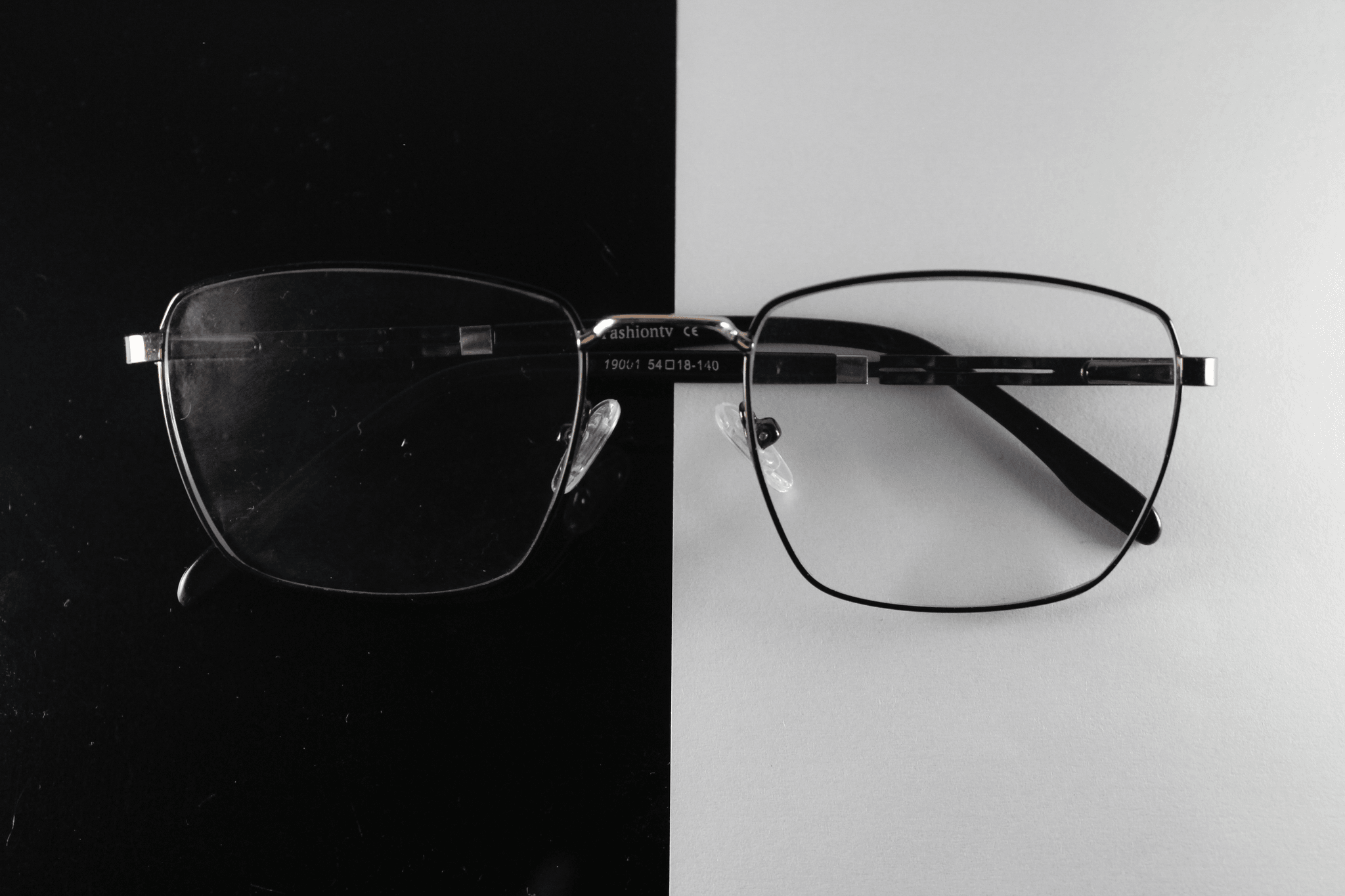
How Acetate Stands Up to Wear and Tear
Acetate is known for its impressive durability, making it a popular choice among eyewear enthusiasts. Unlike many plastic alternatives, acetate glasses frames are resistant to cracking and breaking under pressure. This resilience means that if you’re prone to dropping your eyeglass glasses or putting them through daily rigors, acetate could be your best bet for long-lasting eyewear.
Additionally, the natural origins of acetate contribute to its strength; derived from cotton fibers or wood pulp, it's both sturdy and flexible. Many users find that while wearing acetate frames, they experience fewer issues with warping or losing shape over time compared to traditional plastic options. So if you want a pair of glasses frames that can handle life’s little mishaps with grace, acetate should definitely be on your radar.
Plastic's Lightweight Appeal
On the flip side of our acetate vs plastic glasses debate lies the undeniable lightweight charm of plastic frames. Many people appreciate how easy it is to forget they're even wearing their eyewear glasses when opting for plastic materials; this can be particularly beneficial for those who wear their prescription glasses all day long. With lighter frames come less strain on your nose bridge and ears—an essential factor when comfort is key.
Moreover, advancements in technology have led to high-quality plastics that are not only lightweight but also surprisingly durable—perfect for active lifestyles where every ounce counts! If you're someone who enjoys outdoor activities or simply has a busy schedule filled with errands and meetings, opting for lighter eyeglass glasses may provide an edge in comfort without sacrificing style.
Choosing Based on Lifestyle Needs
Ultimately, selecting between acetate vs plastic glasses hinges on understanding your personal lifestyle needs better than anyone else could! If you lead a more active life or need something ultra-lightweight for extended wear during work or play activities—plastic might just be your go-to choice. However, if you’re looking for stylish durability that withstands daily challenges while still being fashionable—the robust nature of acetate could serve you well.
Consider also how often you'll need adjustments; some people find that heavier materials like acetate require less frequent visits to an optician due to their stable structure compared to some lighter plastics which may flex more easily over time. Whichever route you take in selecting eyewear glass frames—be sure it aligns well with both functionality as well as fashion preferences!
Style Options: Acetate vs Plastic
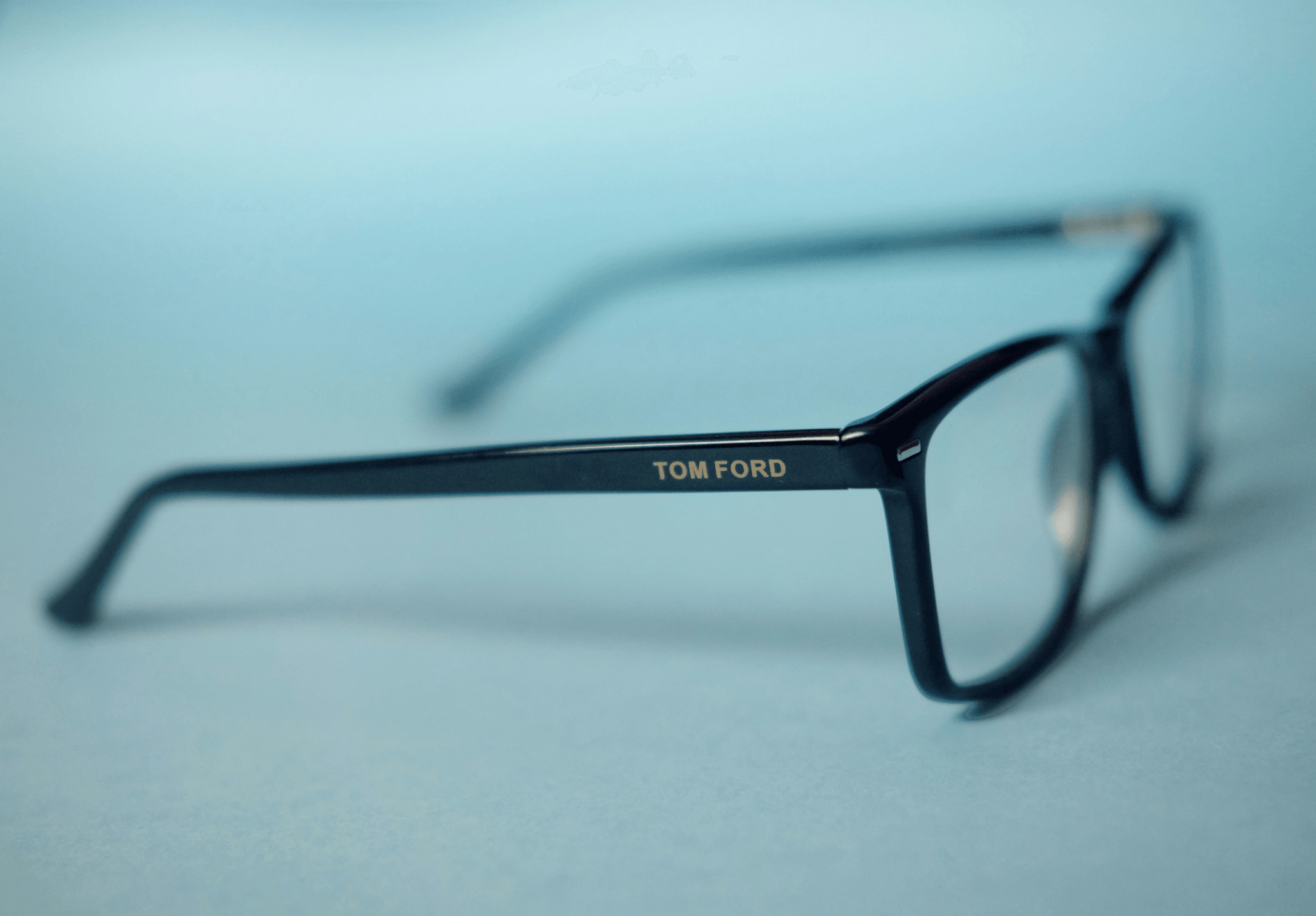
Fashion Trends in Eyewear
The world of eyewear glasses has seen a resurgence in bold and expressive designs, with acetate frames often leading the charge. This material lends itself to vibrant colors and intricate patterns, making it a favorite among trendsetters who want their eyeglass glasses to be a statement piece. Meanwhile, plastic frames are embracing minimalism and sleek designs, appealing to those who prefer understated elegance in their eyewear glasses frames.
As we continue to embrace sustainability, eco-friendly options are becoming fashionable too. Many brands now offer stylish acetate frames made from recycled materials, allowing consumers to stay on-trend while being environmentally conscious. Whether you lean towards the colorful flair of acetate or the chic simplicity of plastic, there's no shortage of fashionable options available today.
How to Choose Frames that Suit You
Selecting the right eyeglass glasses can feel overwhelming given the myriad choices available in both acetate and plastic styles. Start by considering your face shape; round frames tend to complement angular faces while rectangular shapes suit softer features well. Additionally, think about your personal style—if you're drawn to vibrant colors and unique patterns, acetate might be your go-to choice; if you prefer classic looks with subtle hues, plastic could be more up your alley.
Comfort is another vital factor when choosing between acetate vs plastic glasses; try on different styles and pay attention to how they sit on your nose and ears. Remember that prescription glasses should enhance not only your vision but also your overall look! Ultimately, let your personality shine through—choose frames that resonate with you while fulfilling practical needs.
Celebrity Favorites: Acetate and Plastic
Celebrities often set the tone for fashion trends in eyewear glasses; many have embraced both acetate and plastic styles for their public appearances. Iconic figures like Johnny Depp frequently sport bold acetate frames that capture attention with their unique designs and colors—definitely making them stand out on any red carpet! On the flip side, stars like Emma Stone have been spotted wearing sleek plastic eyeglasses that radiate sophistication without compromising comfort.
These celebrity endorsements highlight how versatile both materials can be when it comes to expressing individual style through eyeglass glasses or even sunglasses! Whether you're channeling Hollywood glam or aiming for casual chic vibes, there’s an option out there for everyone among these two popular materials. As you explore choices within acetate vs plastic glasses, remember that even celebrities know how crucial it is to find a perfect fit for both style and comfort!
Sustainability in Eyewear

As the world becomes increasingly aware of environmental issues, sustainability in eyewear has taken center stage. Consumers are now more conscious than ever about the materials used in their glasses frames, leading to a surge in eco-friendly options, particularly when comparing acetate vs plastic glasses. This section explores how acetate can be a more sustainable choice and highlights brands like Daposi that are paving the way for greener eyewear solutions.
Eco-Conscious Choices in Acetate
Acetate is derived from natural sources such as cotton and wood pulp, making it a biodegradable alternative to traditional plastic eyewear glasses. Unlike many synthetic plastics that can take centuries to decompose, acetate frames break down more easily when disposed of properly. Many brands are now focusing on using recycled acetate, further reducing their carbon footprint while providing stylish eyeglass glasses that appeal to eco-conscious consumers.
Furthermore, the production process for acetate tends to be less harmful to the environment compared to typical plastic manufacturing methods. By choosing acetate over conventional plastic for your prescription glasses, you’re not just making a fashion statement but also contributing positively to environmental health. So next time you're shopping for eyewear glasses frames, consider opting for those made from sustainable materials like acetate.
The Role of Daposi in Sustainable Eyewear
Daposi is one of the leading brands championing sustainability within the eyewear industry by producing high-quality acetate frames that don’t compromise style or comfort. Their commitment goes beyond just using eco-friendly materials; they also focus on ethical manufacturing processes and fair labor practices throughout their supply chain. By choosing Daposi's eyeglass glasses, you’re supporting a brand dedicated to making a difference while still enjoying fashionable designs.
Additionally, Daposi offers various styles and colors that cater to diverse tastes while emphasizing sustainability—a win-win situation! Their innovative approach demonstrates how luxury and responsibility can coexist beautifully within the realm of eyewear glasses frames. As consumers increasingly seek out brands with strong sustainability credentials, Daposi stands out as an excellent choice when weighing acetate vs plastic glasses.
Making Informed Decisions for the Planet
Understanding the differences between acetate vs plastic can empower consumers to make decisions that align with their values regarding environmental impact and personal style preferences. With numerous eco-friendly options available today, it's easier than ever to find stylish yet responsible eyewear.
To make informed choices for our planet’s future, consider researching brands’ practices and seeking out those committed to sustainability—like those utilizing recycled materials or offering biodegradable options. Don’t hesitate to ask questions about production methods when shopping; after all, every small decision contributes towards creating a greener world! Remember: your choice of eyeglass frames can reflect not only your personal style but also your commitment toward protecting our environment.
Conclusion
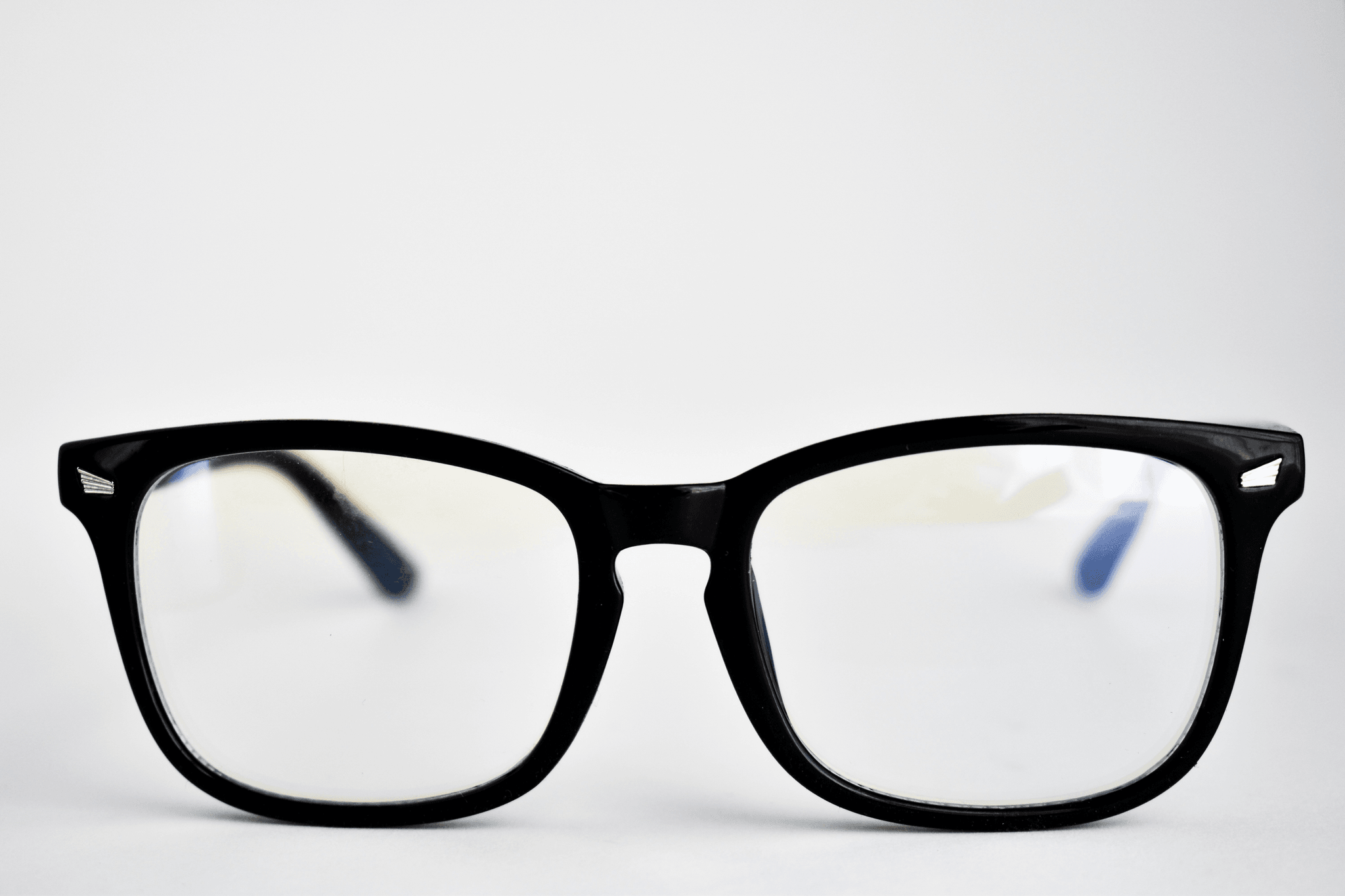
In the grand showdown of acetate vs plastic glasses, understanding the nuances can make all the difference in your eyewear journey. While both materials have their merits, they cater to different preferences and lifestyles. The choice between acetate and plastic frames ultimately hinges on what you value more: style, comfort, or sustainability.
Key Differences Between Acetate and Plastic
Plastic glasses tend to be lighter and often come at a more budget-friendly price point, making them appealing for everyday use. Ultimately, if you're after durability and a touch of elegance in your eyewear glasses frames, acetate might be your best bet; however, if you prioritize lightweight comfort and affordability, plastic could be your go-to choice.
The Best Choice for Your Prescription Glasses
Choosing the right material for your prescription glasses is crucial for both functionality and style. If you have an active lifestyle or prefer something that won't weigh you down during long wear, lightweight plastic eyeglass glasses may suit you better. Conversely, if you're looking for something that stands out with vibrant designs while still being durable enough to handle daily wear and tear, then opt for acetate frames.
Finding the Right Glasses Frames for You
Finding the perfect pair of eyewear glasses frames involves considering various factors like face shape, lifestyle needs, and personal style preferences. Don't shy away from trying on different styles in both acetate vs plastic options to see what feels best on your face—and let's not forget about color! Remember that the right pair of eyeglasses can elevate not just your vision but also your entire look.
